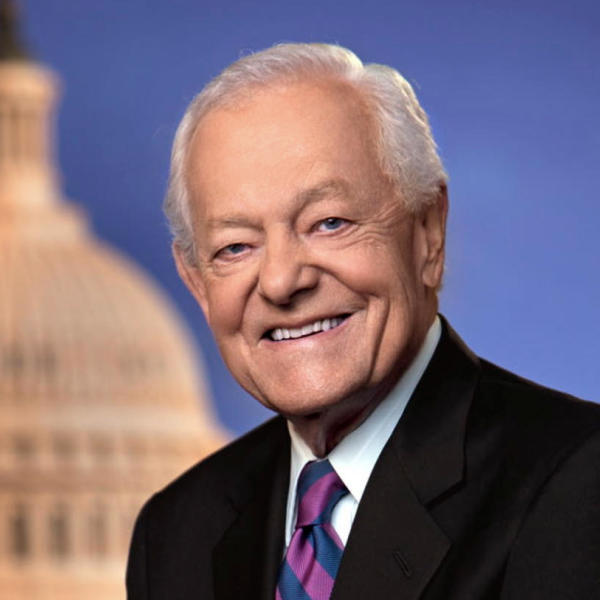The lessons of Nelson Mandela
(CBS News) This summer when Nelson Mandela's health took a turn for the worse, I asked two great Americans, Colin Powell and John Lewis, what Nelson Mandela meant to them.
Powell had been invited to Mandela's inaugural, and as a military man remembers thinking that he saw something that day he would not have thought possible: white generals showing allegiance to the country's new black president.
But it was Mandela's sense of forgiveness that Powell will carry with him forever:
"When he came out of jail, he was being pestered with questions and what-not," Powell recalled. "And he was asked, 'Well, aren't you mad? What are you going to do about this? What are you going to do to these people who did this to you for all these many, many years?' And he said, 'If I felt that way and if I felt I had to do something to them, I would still be in jail. My mind, my soul would still be in jail.'
"So instead he talked about reconciliation. He talked about truth and reconciliation. He is in the mold of a Gandhi, somebody like that whose message was universal. And he's a remarkable man and it was my privilege to know him."
To John Lewis, one of the heroes of the American civil rights movement, Mandela will always be the great teacher:
"Nelson Mandela, this one man, taught all of us how to live, how not to become bitter or hostile," Lewis said. "Someone who can go to prison and stay all of those years and come out so free, not hating anyone, not putting anyone down. I wish we had a few Nelson Mandelas in America, or maybe a few more in the world, to point us to the best part of our human spirit."
There are many heroes who by a single act or decision have changed history, or at least their time. To me, what sets Nelson Mandela apart is that his whole life was a lesson -- a lesson in courage, perseverance, patience, bravery and, finally, forgiveness and redemption.
That is rare.
